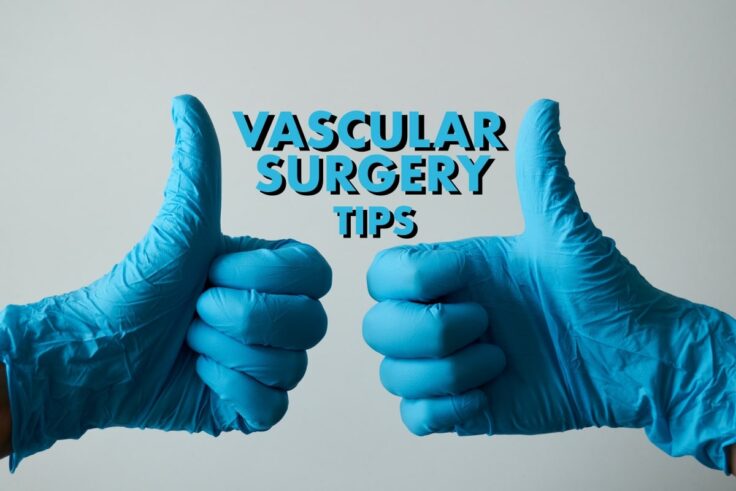Tips To Help You Prepare For A Modern Vascular Surgery

If you one day need to undergo modern vascular surgery, there are several things you can do to increase your chances of success.
Besides eating a healthy diet, staying hydrated, and getting plenty of rest, you also need to quit alcohol and smoking. But that’s not all.
Keep reading for nine tips from Modern Vascular New Mexico surgeons to help you prepare for the surgery.
Modern Vascular Surgery Tips
Here are 9 tips that can help you properly prepare for a modern vascular surgery:
1. Know the Risks
As with any surgery, there are always risks involved. Be sure to ask your surgeon about the specific risks associated with your procedure.
Modern vascular surgery is generally safe, but there are always potential risks to be aware of.
It is a procedure requiring general anesthesia, so there are risks associated with that. There is also a small risk of developing a blood clot after surgery.
2. Quit Smoking
If you smoke, now is the time to quit. Smoking increases your risk of developing complications after surgery. It also slows down the healing process.
Smoking damages the blood vessels and makes it more difficult for the surgeon to see what they are doing.
If you’re serious about having a successful surgery, you need to quit smoking at least six weeks before the procedure.
3. Get Moving
Regular physical activity is vital for overall health, but it’s especially important if you’re about to have surgery.
Exercise helps increase blood flow and strengthens the heart. It also helps improve your overall fitness, which will make it easier for you to recover from surgery.
Start exercising at least three times a week in the weeks leading up to your procedure.
4. Eat A Healthy Diet
Eating a healthy diet is important for everyone, but it’s especially important if you’re about to have surgery.
Consuming healthy foods helps improve your overall health and can help reduce your risk of developing complications after surgery.
Be sure to eat plenty of fruits, vegetables, and whole grains in the weeks before and after your procedure.
5. Stay Hydrated
Drinking plenty of fluids is important for overall health, but it’s especially important if you’re about to have surgery.
Good hydration helps improve your overall health and can help reduce your risk of developing complications after surgery.
Be sure to drink at least eight glasses of water daily in the weeks following your procedure.
6. Avoid Alcohol
Drinking alcohol should be avoided in the weeks leading up to your procedure.
That’s because alcohol can increase your risk of developing complications after surgery. It can also interfere with the recovery process after the surgery.
If you must drink alcohol, do so in moderation and avoid drinking for at least 48 hours before your procedure.
7. Get Plenty Of Rest
Proper rest is important for overall health, but it’s especially important if you’re about to have modern vascular surgery.
Getting enough sleep helps improve your overall health and can help reduce your risk of developing complications after surgery.
Be sure to get at least eight hours of sleep a night in the weeks leading up to your procedure.
8. Take Your Medications As Directed
If you’re taking any medications, be sure to take them as directed in the weeks following your procedure.
Taking your medications as directed can help improve your overall health and can help reduce your risk of complications after surgery.
9. Follow Your Surgeon’s Orders
Be sure to follow all of your surgeon’s orders in the weeks leading up to your procedure.
Following your surgeon’s orders can help improve your overall health and can help reduce your risk of developing complications after surgery.
Conclusion
Preparing for a modern vascular procedure doesn’t have to be complicated.
Just be sure to quit smoking, get moving, eat a healthy diet, stay hydrated, avoid alcohol, get plenty of rest, take your medications as directed, and follow your surgeon’s orders.
Doing these things can help improve your overall health and can help reduce your risk of developing complications after surgery.